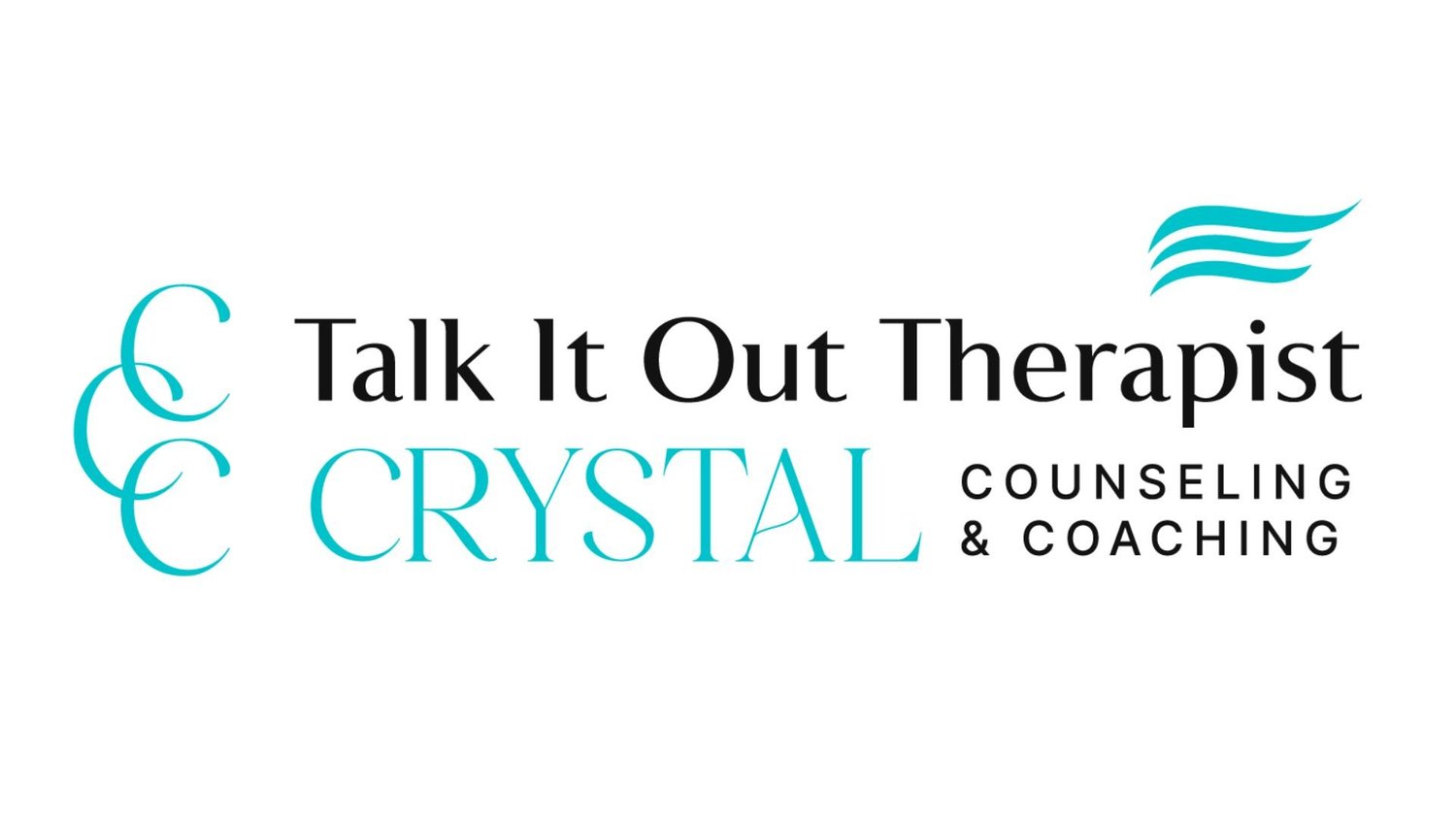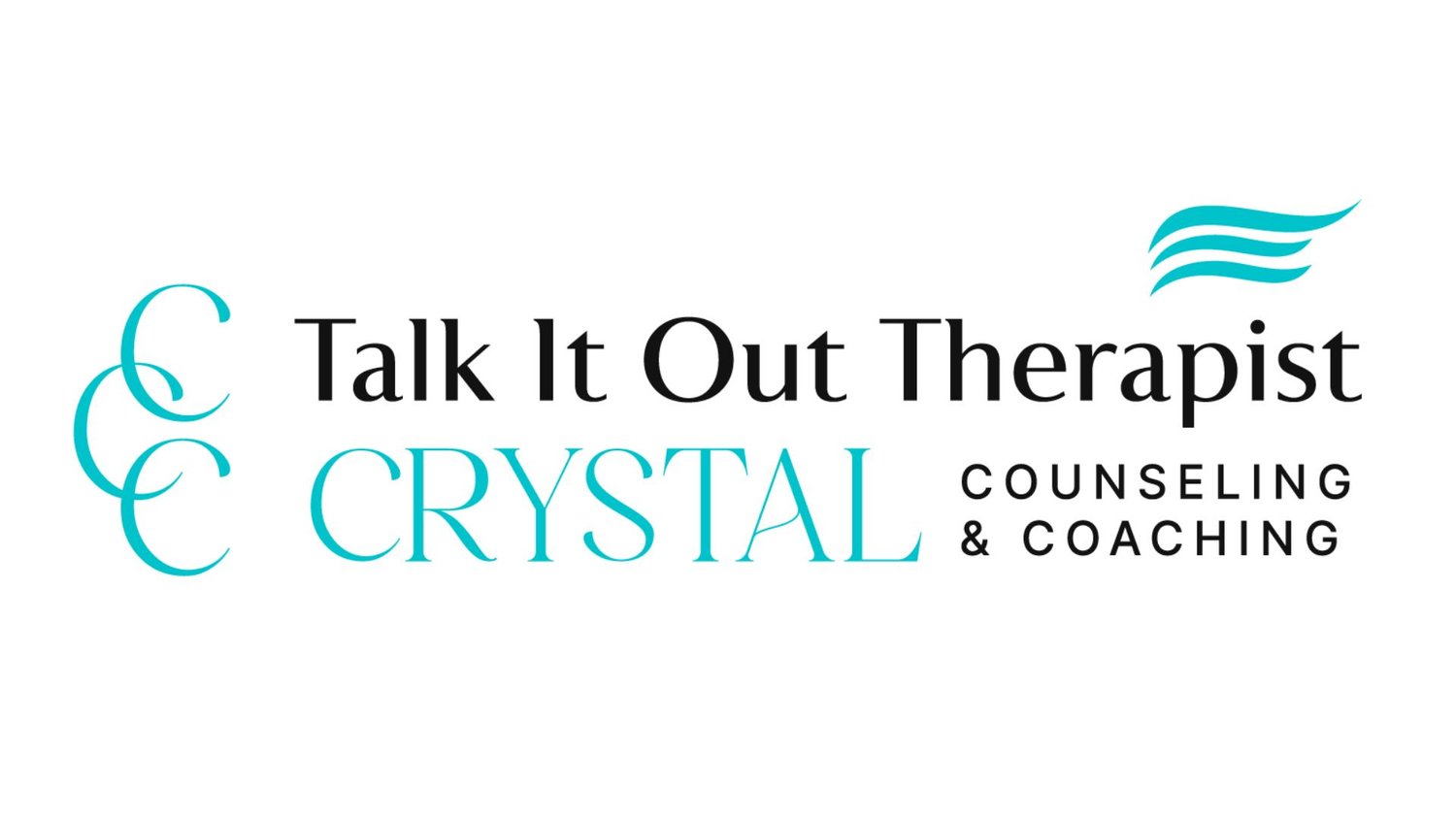Growing Up With a Narcissistic Parent: How Therapy Can Help You Heal
Being raised by a narcissistic parent can leave lasting emotional wounds. Many adult children of narcissistic parents describe feeling unseen, unheard, or only valued when they were meeting the needs of their parent. Over time, these dynamics can create deep challenges with self-worth, trust, and healthy relationships.
The good news is that therapy offers a path to healing. By understanding how narcissistic family patterns affected you, and learning new ways to care for yourself, you can begin to break free from the cycle and create a more balanced, fulfilling life.
Signs You May Have Grown Up With a Narcissistic Parent
Children of narcissistic parents often share similar experiences, even though every family looks different. Some common signs include:
Feeling responsible for your parent’s emotions or well-being
Struggling with low self-esteem or chronic self-doubt
Difficulty setting boundaries in relationships
Fear of conflict or rejection
People-pleasing patterns that leave you drained
Confusion about your identity or difficulty knowing what you truly want
These patterns can carry into adulthood, showing up in friendships, romantic relationships, and even the workplace.
Common Myths About Narcissistic Parents
It can be hard to acknowledge that a parent’s behavior was harmful, and many myths make this even harder. Some of the most common misconceptions include:
“They provided for me, so it was not abuse.”
Emotional neglect and manipulation can be just as damaging as physical mistreatment. Providing food or shelter does not erase emotional harm.
“They did the best they could, so I should not feel hurt.”
Both can be true. A parent may have had limitations, but your pain is still valid and deserves attention.
“If I set boundaries, I am being selfish.”
In reality, boundaries are essential for protecting your well-being and are a healthy part of adult relationships.
Challenging these myths in therapy is often the first step toward healing.
How Therapy Helps Children of Narcissistic Parents
Therapy provides a safe and supportive space to explore your experiences and develop healthier ways of relating to yourself and others. Some of the ways therapy can help include:
Understanding family dynamics: Gaining clarity about how narcissistic traits shaped your upbringing.
Rebuilding self-worth: Challenging critical inner voices and strengthening a sense of self.
Learning boundaries: Developing the confidence to say no and protect your emotional energy.
Healing from emotional neglect: Processing the grief of unmet needs and learning how to nurture yourself.
Improving relationships: Building healthier, more balanced connections with friends, partners, and family.
Why Therapy Is Different from Self-Help
There are many excellent books and articles on narcissistic family dynamics, and self-help resources can be valuable. However, therapy provides something self-guided work cannot:
Personalized support: Every story is different, and a therapist helps you apply insights directly to your life.
A safe relationship: The therapeutic space allows you to practice new ways of relating without fear of judgment.
Accountability: With regular sessions, you are more likely to stay engaged in your healing process.
Depth of exploration: Therapy helps uncover unconscious patterns that self-help resources often cannot address.
Combining education with professional support gives you the best opportunity for long-term healing.
What Healing Looks Like
Healing from narcissistic family dynamics takes time, but therapy offers tools and support for real change. Many clients report:
Feeling more confident and less self-critical
Greater clarity about their own values and goals
Less guilt when setting limits with family
The ability to build relationships that feel mutual and respectful
Therapy is not about blaming parents, but about empowering you to reclaim your life and create the relationships you deserve.
Taking the First Step
If you grew up with a narcissistic parent, you may still feel the weight of that experience today. Therapy can help you process the past, strengthen your sense of self, and move forward with resilience.
You do not have to carry these patterns forever. Support is available, and healing is possible.


